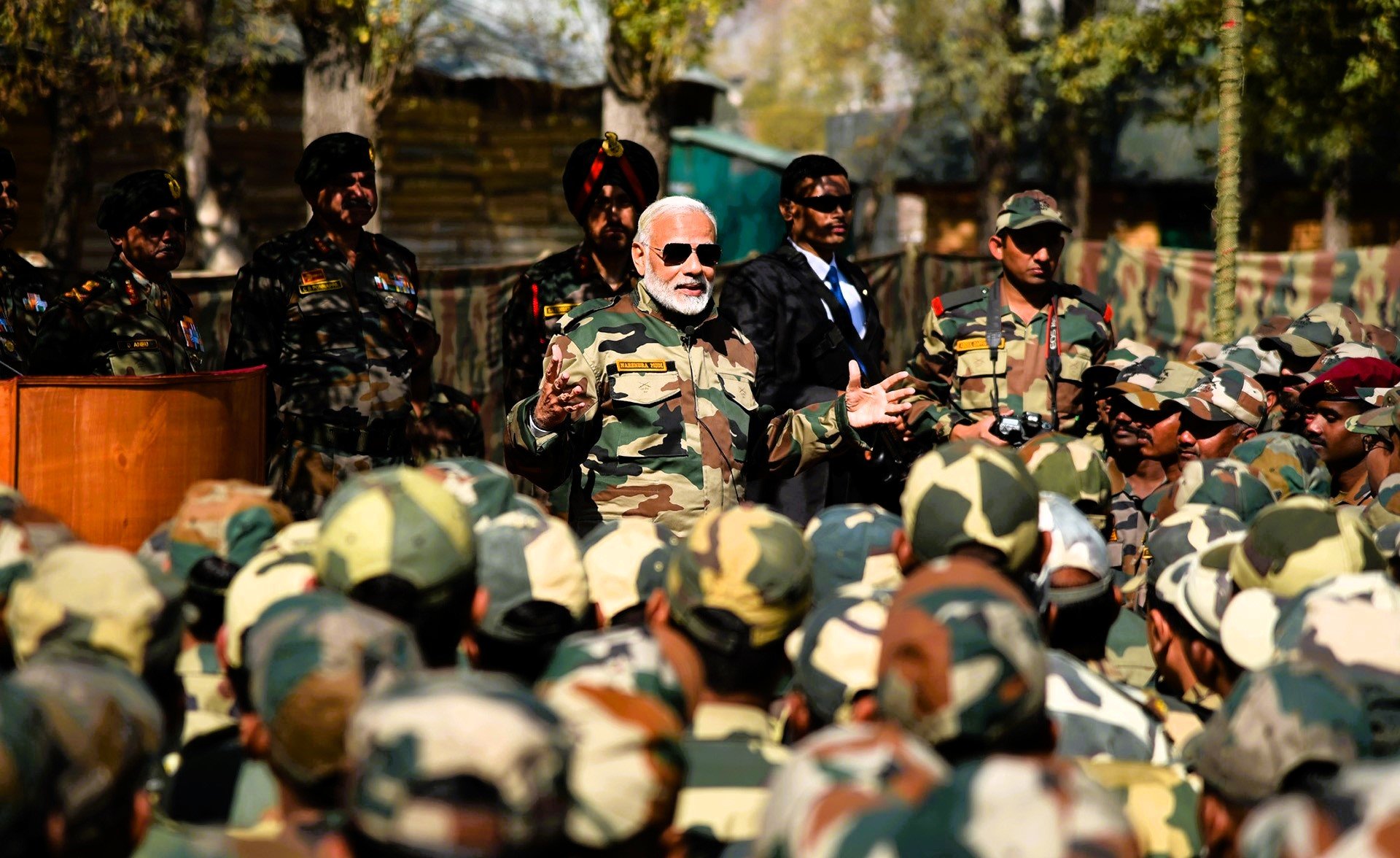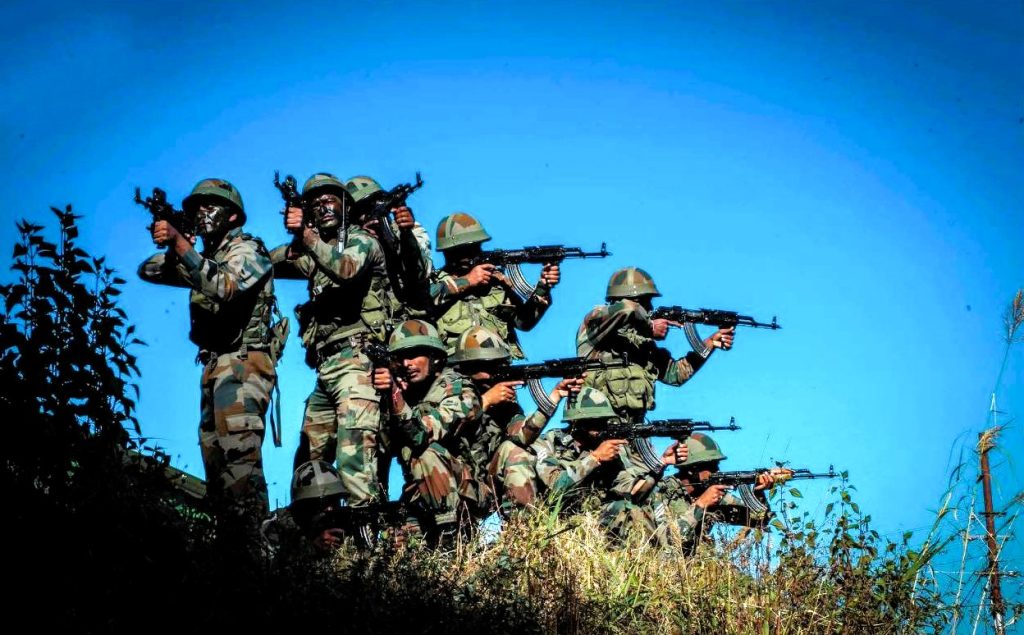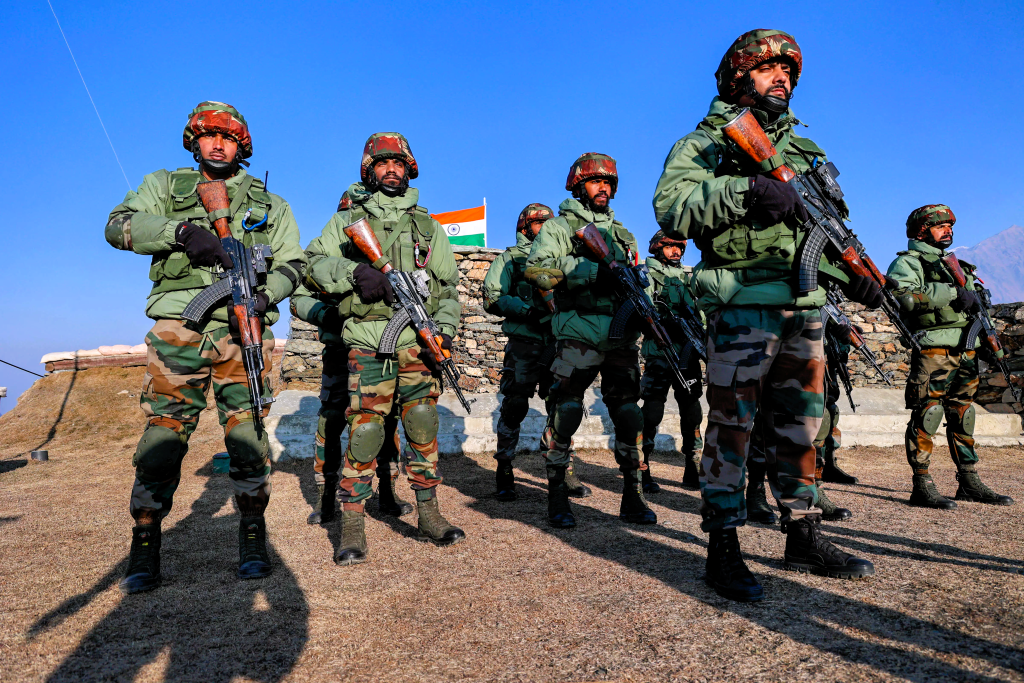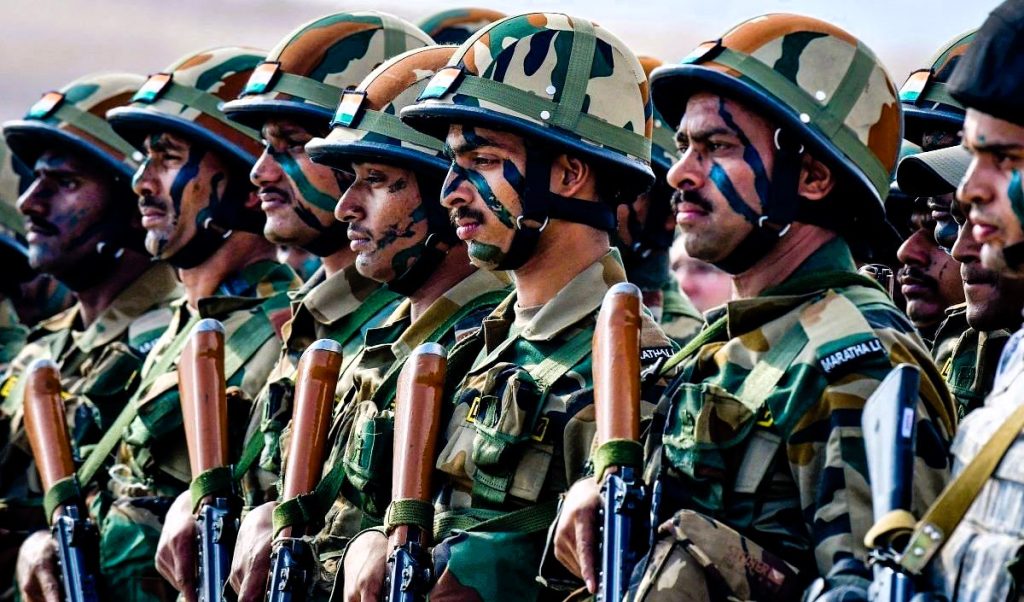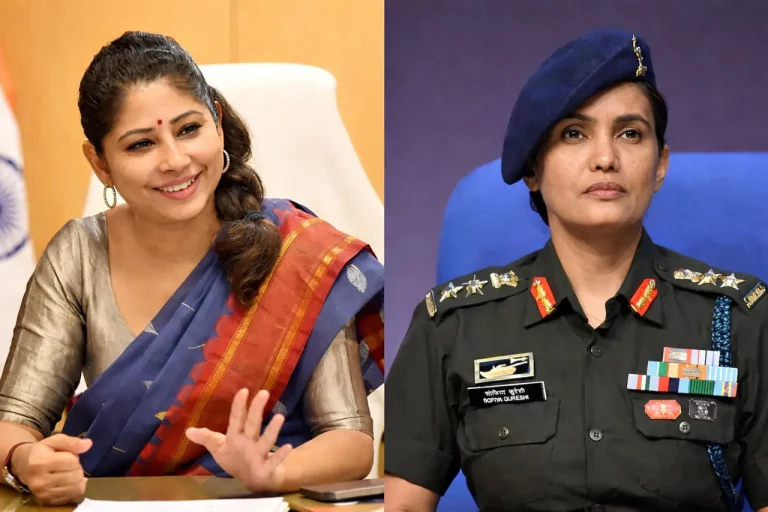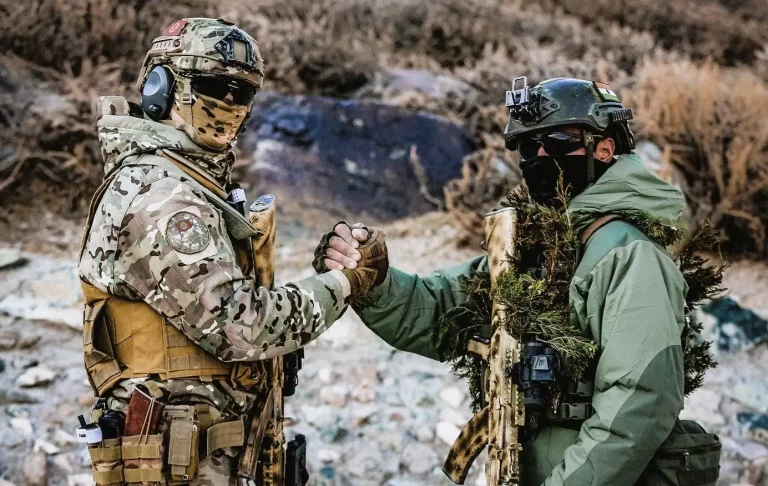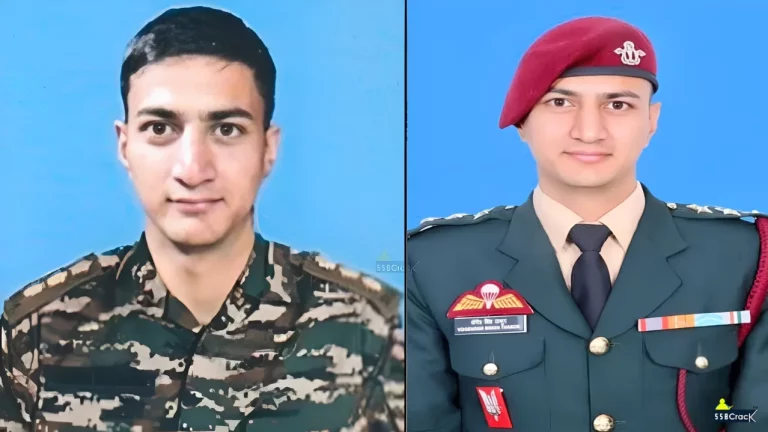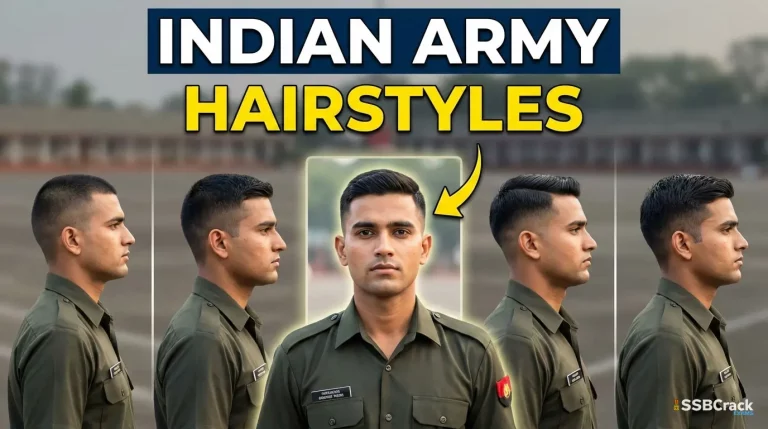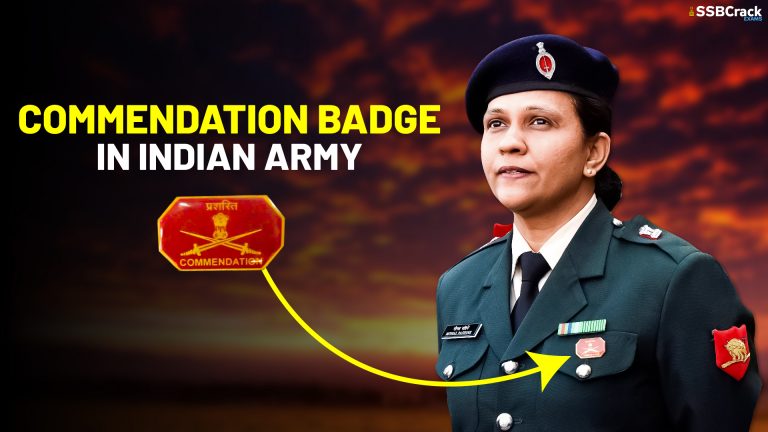Leadership in the military transcends mere strategy and tactics; it deeply intertwines with understanding and guiding the emotions and motivations of those who serve. The principles of military leadership are meticulously designed to foster respect, trust, and loyalty, creating an environment where team members feel valued, understood, and motivated to perform their best.
These principles of military leadership are not just rules to follow; they represent a commitment to leading with empathy and integrity, ensuring that every member feels supported in both challenges and successes. This comprehensive guide to military leadership principles highlights how essential it is for leaders to connect on a human level, inspiring and guiding their teams through the complexities of military duties and beyond.
Demonstrating Discipline and Integrity
One of the most powerful ways to lead is by example. Military leaders are expected to act as role models for their subordinates. This means displaying the discipline, integrity, and dedication that they expect from others. When leaders show that they abide by the same standards they set for their team, it builds trust and respect among the ranks.
Building Trust and Respect
Leading by example isn’t just about adhering to rules; it’s about embodying the values and principles that the military stands for. This approach fosters an environment of mutual trust and respect, essential for the cohesion and effectiveness of any military unit.
Know Your Personnel
Understanding Strengths and Weaknesses
Understanding the strengths, weaknesses, and backgrounds of each team member is crucial. This allows a leader to assign tasks more effectively, develop their skills, and help them overcome their limitations. It also shows that the leader cares about their team members as individuals, which can boost morale and loyalty.
Personalized Leadership
Knowing your personnel means taking the time to understand their personal and professional backgrounds. This enables leaders to provide more personalized guidance and support, enhancing the overall effectiveness of the team.
Keep Your Team Informed
Importance of Communication
Good communication is essential in the military leadership. Leaders must keep their team informed about mission objectives, changes in plans, and other relevant information. This transparency helps to foster a sense of participation and importance among the team members, which can enhance their performance and dedication to the mission.
Fostering Transparency
Keeping the team informed involves regular briefings and open channels of communication. This transparency not only ensures that everyone is on the same page but also builds trust within the team, as members feel included and valued.
Set Clear Standards
Clarity in Expectations
Clarity in expectations and rules helps maintain discipline and efficiency. Military leaders are expected to set high but achievable standards and hold everyone, including themselves, accountable to them. This principle ensures that all team members know what is expected of them and what they need to achieve.
Accountability
Setting clear standards means establishing a framework within which everyone operates. This framework ensures accountability and helps in maintaining the high standards required in military operations.
Make Sound and Timely Decisions
Quick and Effective Decision-Making
In the military, the ability to make quick and effective decisions can be the difference between success and failure. Leaders are trained to assess situations swiftly and make decisions that best serve the mission and protect their teams. This requires not only quick thinking but also the courage to take responsibility for these decisions.
Courage and Responsibility
Effective decision-making involves not just quick thinking but also the willingness to take responsibility for the outcomes. This trait is crucial for maintaining the trust and respect of subordinates.
Develop a Sense of Responsibility Among Your Subordinates
Encouraging Initiative
Military leaders encourage their subordinates to take initiative and act with responsibility. By delegating tasks and empowering others to make decisions, leaders foster a strong sense of ownership and pride in their work. This can lead to higher motivation and commitment to the team’s goals.
Fostering Ownership
Encouraging subordinates to take responsibility involves providing them with the necessary support and guidance while allowing them the freedom to make decisions. This fosters a culture of ownership and accountability within the team.
Ensure the Task is Understood, Supervised, and Accomplished
Providing Clear Instructions
It’s not enough to assign tasks; leaders must also ensure that the tasks are understood and carried out effectively. This involves providing clear instructions, supervising the progress, and stepping in to provide guidance when necessary. It’s also important to follow up and evaluate the results, giving feedback where needed.
Supervision and Evaluation
Effective supervision ensures that tasks are completed to the required standards. Regular evaluation and feedback help in identifying areas for improvement and celebrating successes.
Build a Team
Fostering Unity and Cooperation
The military operates on teamwork, and a good leader knows how to foster a sense of unity and cooperation. Activities that build camaraderie and trust are vital. Leaders should encourage collaboration and mutual support, creating an environment where team members are committed to supporting each other and achieving common goals.
Activities to Build Camaraderie
Team-building activities, both formal and informal, play a crucial role in fostering unity. These activities help in breaking down barriers and building strong interpersonal relationships within the team.
Employ Your Team According to Its Capabilities
Understanding Team Capabilities
Understanding the capabilities of your team is crucial for effective leadership. This means not expecting the team to undertake tasks they are not prepared for, but also not under-utilizing their skills. A good leader finds the right balance, challenging the team to grow while ensuring they are set up for success.
Balancing Challenge and Support
Leaders must strike a balance between challenging their teams and providing the necessary support. This balance ensures that the team remains motivated and capable of achieving their objectives.
Seek Responsibility and Take Responsibility for Your Actions
Embracing New Responsibilities
Leadership involves seeking out new responsibilities and being willing to accept the consequences of one’s actions. This shows a commitment to personal and team growth. Leaders who demonstrate accountability inspire their teams to act responsibly and ethically under all circumstances.
Demonstrating Accountability
Taking responsibility for actions involves acknowledging mistakes and learning from them. This approach not only builds trust but also sets a positive example for subordinates.
Conclusion
The principles of military leadership provide a comprehensive framework for effective leadership. These principles, grounded in empathy and integrity, ensure that leaders can inspire and guide their teams through the complexities of military duties. By leading by example, understanding their personnel, communicating effectively, setting clear standards, making sound decisions, developing responsibility, ensuring tasks are accomplished, building teams, employing capabilities effectively, and seeking responsibility, military leaders can foster an environment of trust, respect, and motivation. This holistic approach to military leadership is essential for the success and cohesion of any military unit.
FAQs
1. Why is leading by example important in military leadership?
Leading by example is crucial because it builds trust and respect among team members. Military leaders who demonstrate discipline, integrity, and dedication set a standard that inspires their subordinates to follow suit, fostering a cohesive and effective unit.
2. How does knowing your personnel contribute to effective military leadership?
Understanding the strengths, weaknesses, and backgrounds of each team member allows military leaders to assign tasks effectively, develop their skills, and support them personally and professionally. This personalized approach boosts morale, loyalty, and overall team effectiveness.
3. Why is clear communication essential in military leadership?
In Military Leadership, clear communication ensures that all team members are informed about mission objectives, changes in plans, and other crucial information. This transparency fosters a sense of inclusion and importance among team members, enhancing their performance and commitment to the mission.
4. What role do sound and timely decisions play in military leadership?
Sound and timely decisions are critical in military operations as they can determine mission success or failure. Military leaders must assess situations swiftly, make effective decisions, and take responsibility for their outcomes to protect their teams and achieve mission objectives.
5. How does building a team contribute to military leadership?
Building a team involves fostering unity, cooperation, and trust among team members. Military leaders who encourage collaboration and mutual support create an environment where individuals are committed to the team’s goals, enhancing overall performance and mission success.
6. What does it mean to seek responsibility and take responsibility for your actions in military leadership?
Seeking responsibility involves actively pursuing new challenges and opportunities for personal and team growth. Taking responsibility for actions means accepting accountability for decisions and outcomes, which builds trust and encourages ethical behavior among subordinates.
7. How do the principles of military leadership contribute to adaptability in challenging situations?
The principles of military leadership promote adaptability by equipping leaders and their teams with the skills, mindset, and unity needed to respond effectively to changing circumstances. They foster resilience, innovation, and cohesive decision-making under pressure, ensuring mission objectives are achieved despite uncertainties.
